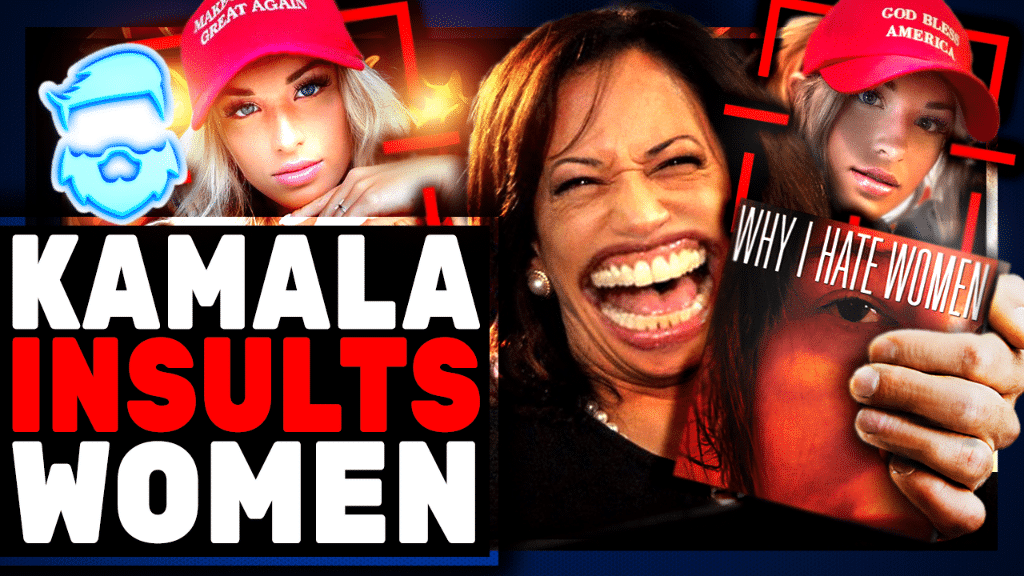Merriam-Webster has broadened its definition of “female.”
The dictionary, often treated as the authoritative source when it comes to modern definitions, added to its online definition of female that the word can mean “having a gender identity that is opposite of male.”
For the 1a, or primary, definition, female means “of, relating to, or being the sex that typically has the capacity to bear young or produce eggs.”
The National Review noted that, in the dictionary’s 10th edition, the words “typically have the capacity to” are not found, nor have they been added to the dictionary’s kids version online.
Popular Twitter account Libs of TikTok also pointed out that the online dictionary also changed the definition of the word “girl” by adding a secondary meaning that says “a person whose gender identity is female.”
To verify it had changed, Libs of TikTok posted a screenshot of a web archive page from July 26, 2021, that showed the secondary definition was absent.
Defining womanhood has been a moving target for certain institutional actors.
During a Senate committee hearing on abortion policy last week, University of California Berkeley law professor Khiara Bridges had a sharp exchange with Sen. Josh Hawley, Missouri Republican, over her use of the phrase “people with the capacity for pregnancy.”
When Mr. Hawley asked Ms. Bridges if she was referring to women, Ms. Bridges said that some women can’t get pregnant, just as there are some transgender men and nonbinary people who can get pregnant.
After Mr. Hawley pressed her again, Ms. Bridges accused Mr. Hawley of transphobia and that he “opens up trans people to violence by not recognizing them.”
In May 2021, Rep. Cori Bush, Missouri Democrat, went viral for using the phrase “Black birthing people” when testifying in front of the House Oversight Committee.

















